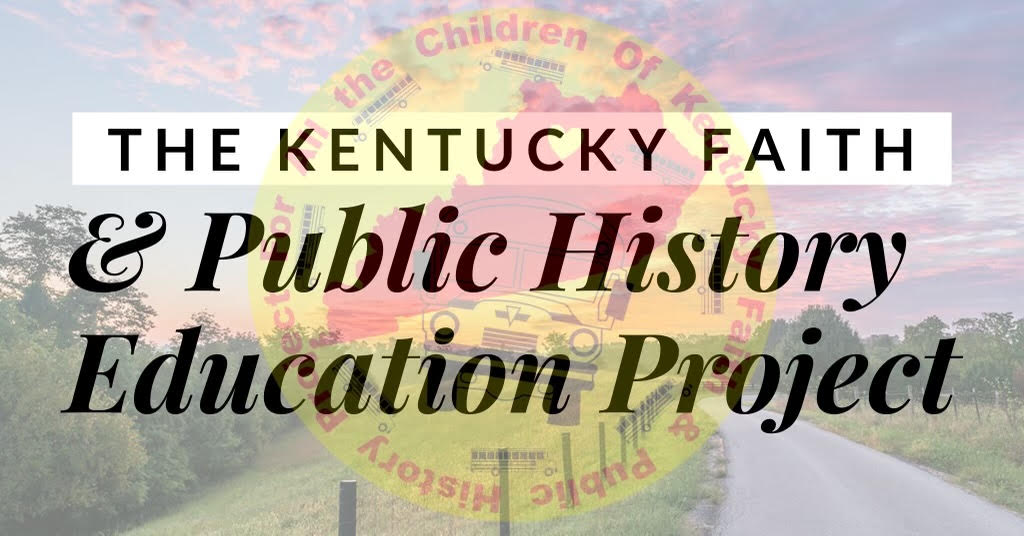History, literature, philosophy, the arts and religion are fields within the humanities. According to the National Humanities Center , “the humanities help us understand and interpret the human experience, as individuals and societies” [1] . The National Humanities Center, founded in the mid-1970’s is a collaborative sponsored by some 38 major universities including Princeton, Harvard and Yale that studies and prepares humanities resources for teachers. A section of their website is called Divining America: Religion in American History [2] . This section contains essays written by humanities scholars about religion in America, organized by century. The essays all follow the same format. Beginning with a topic like “the First Great Awakening” or “Native American Religion in Early North America” or “The American Jewish Experience”, for examples, each essay begins by explaining what major scholars have written about the topic. Usually several viewpoints are presented to illustrate the di
